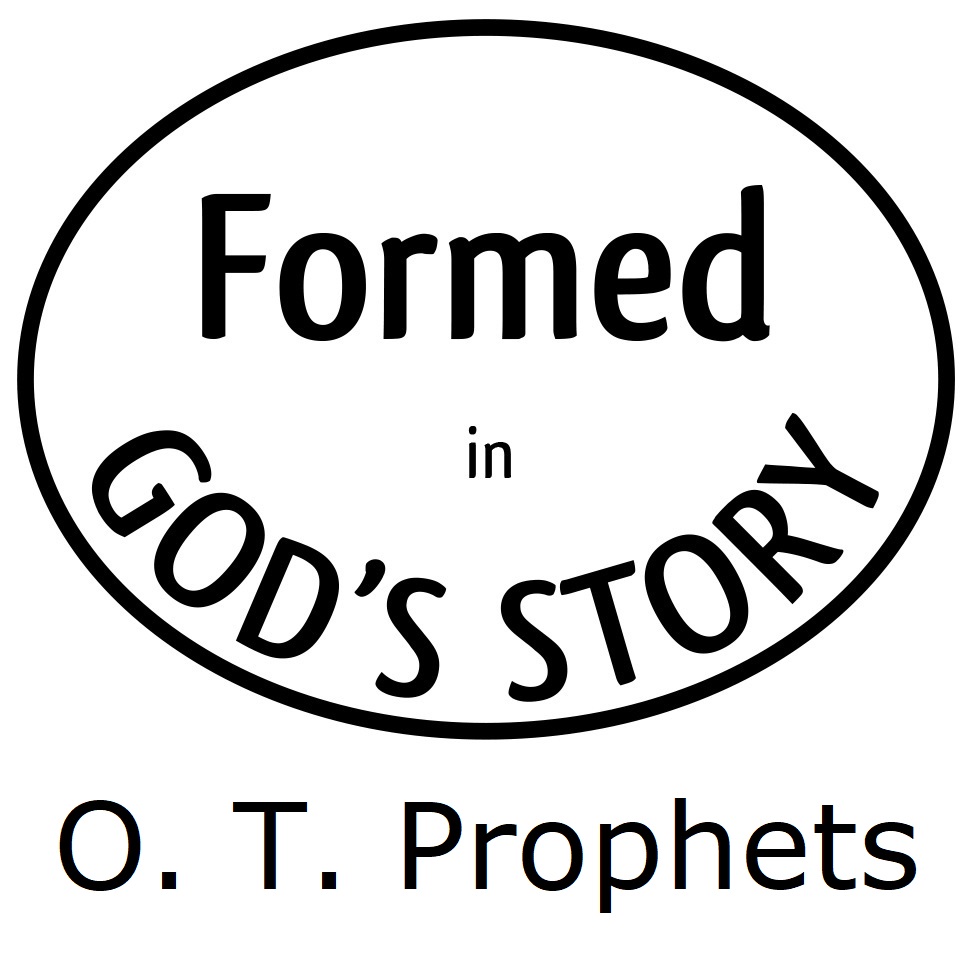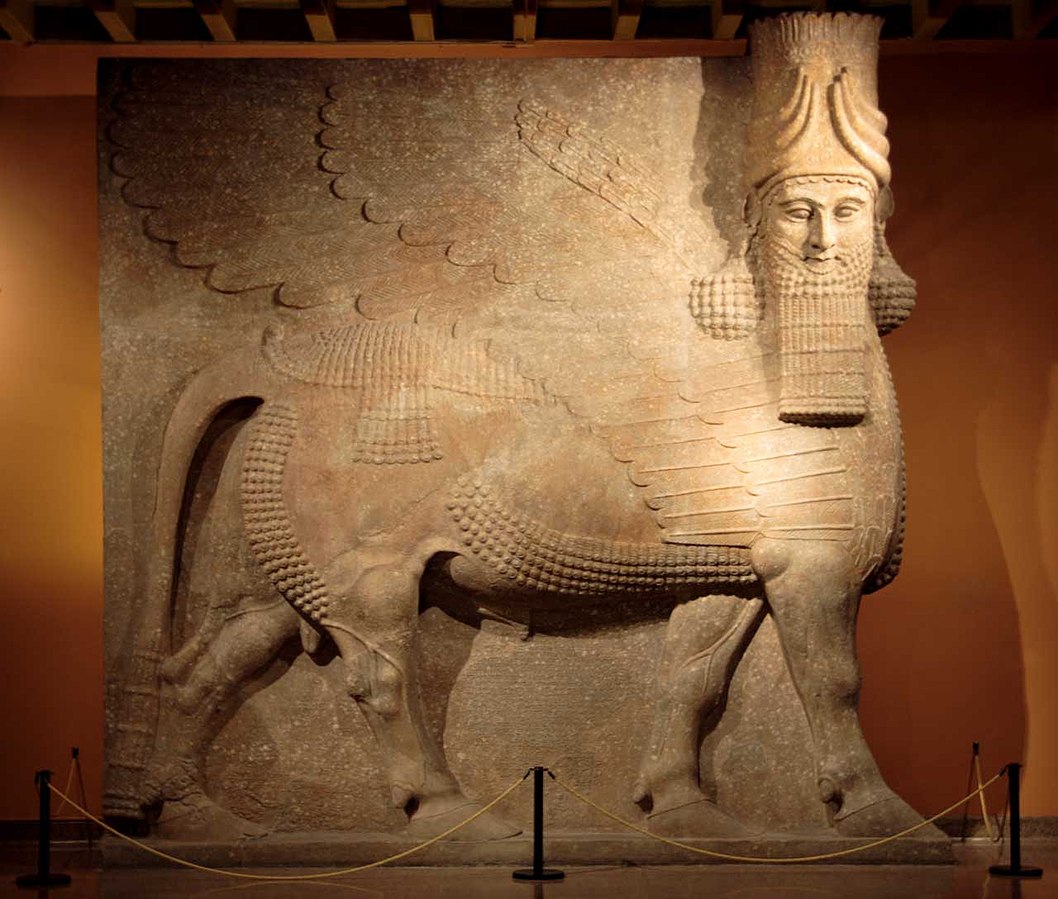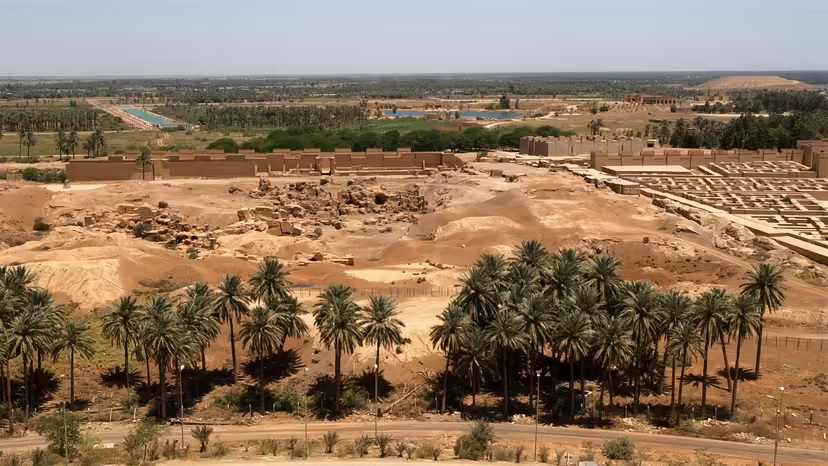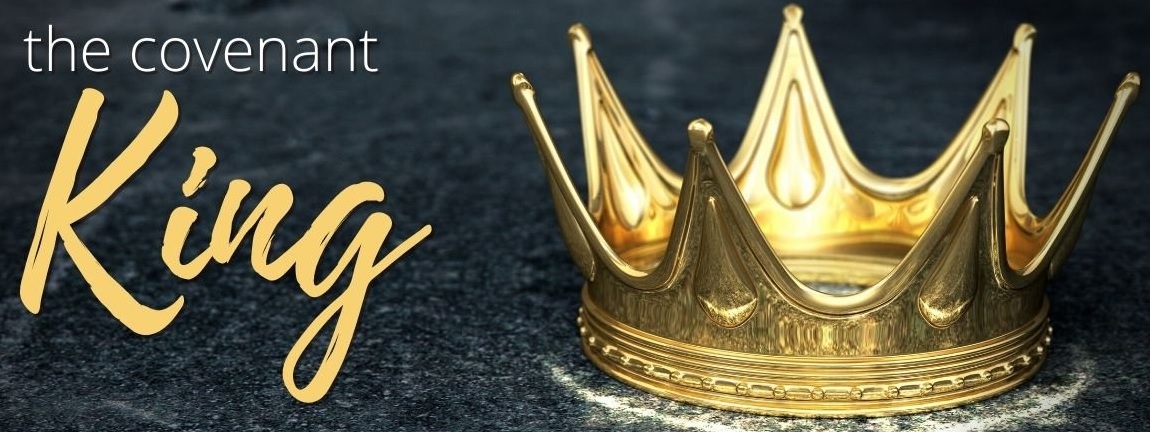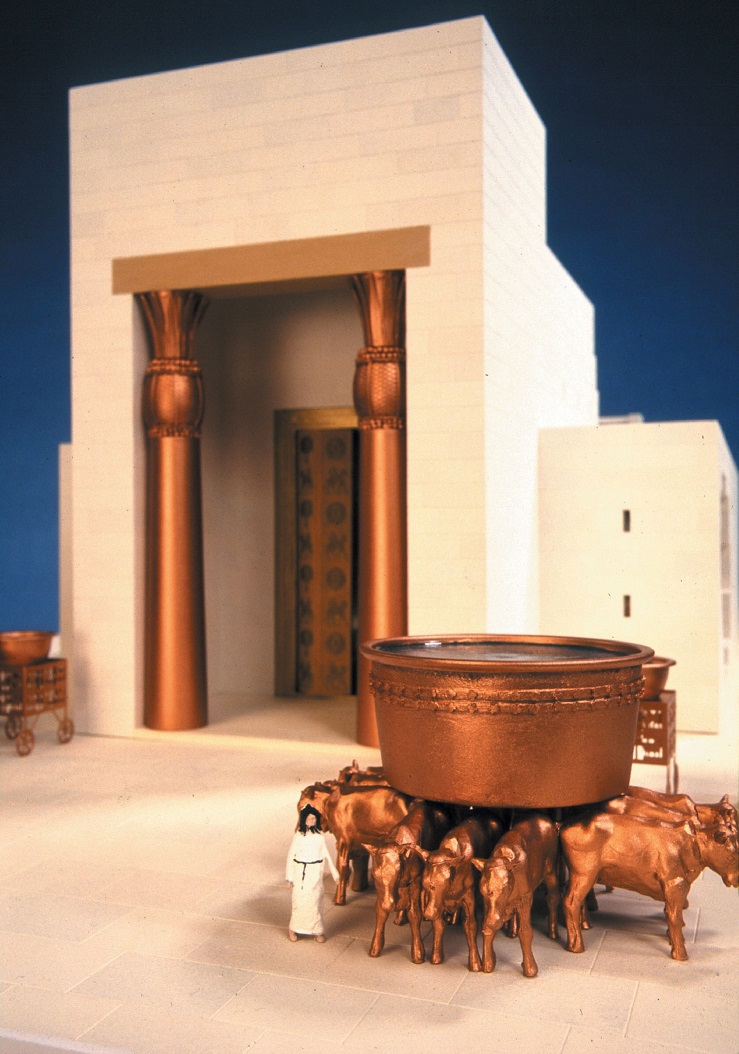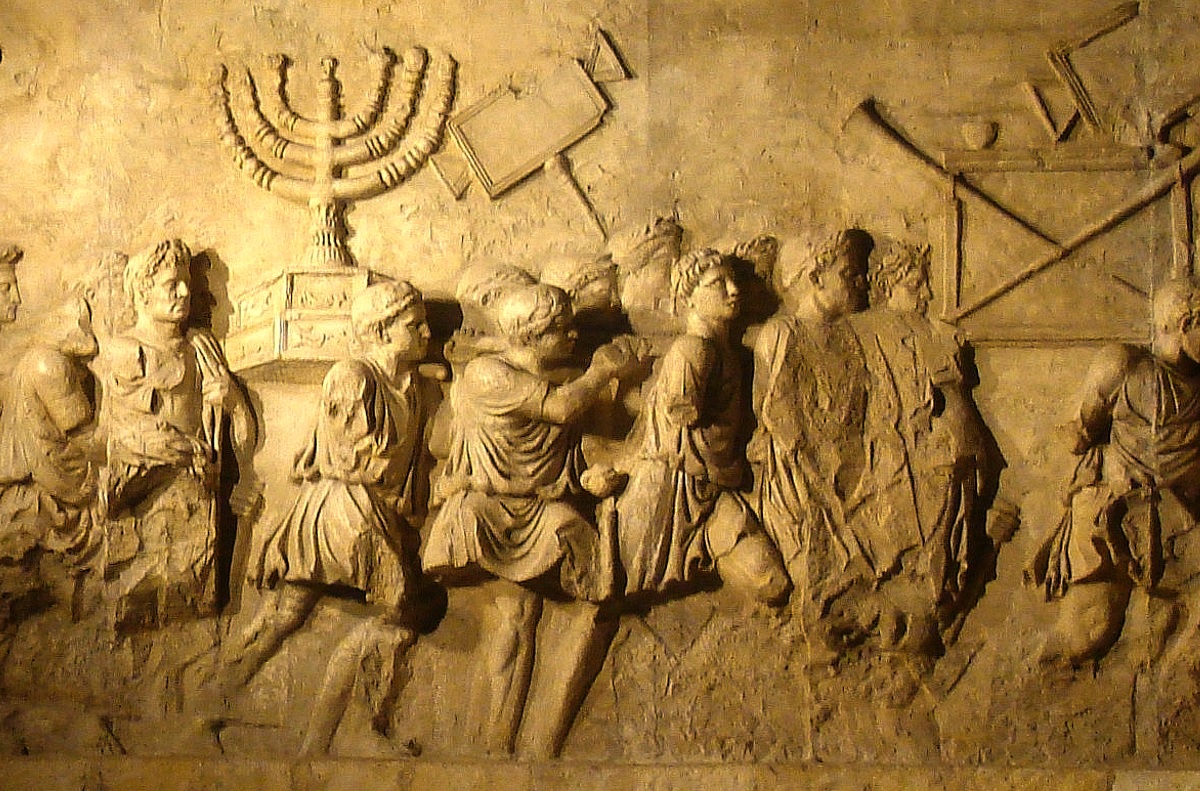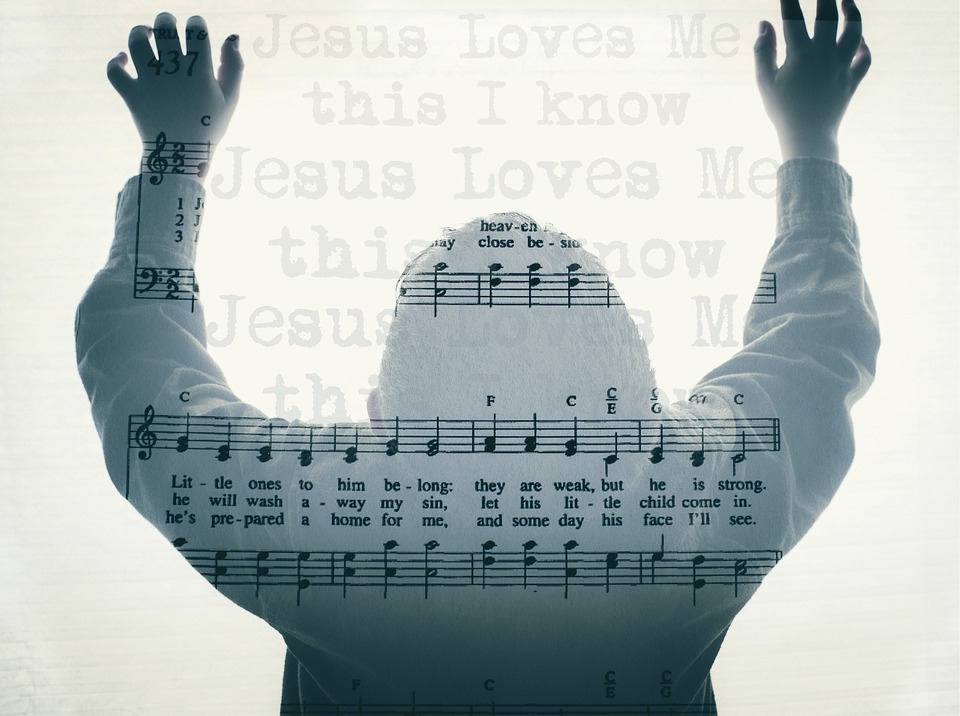[Update 2024-03-21: Full notes and final podcasts added]
The Old Testament concludes with the major and minor prophets. Do you know how each of these books fits into the Bible’s story? I mean, if we don’t know the situation they were addressing, it’s hard to make sense of what God was saying through them.
Here’s your opportunity to put the Prophets in perspective. Over the next six weeks, we’ll provide you with notes and a podcast covering the background of each one so you can read them for yourself.
You can download the full set of notes (60-page PDF), or the weekly notes for the six-week course (held Feb/Mar 2024), with two podcasts each week:
- Week 1: How to approach the Prophets. Notes, Podcast A and Podcast B.
- Week 2: Isaiah. Notes, Podcast A and Podcast B.
- Week 3: Jeremiah. Notes. Podcast A. Podcast B.
- Week 4: Ezekiel. Notes. Podcast A. Podcast B.
- Week 5: Minor Prophets. Notes. Podcast A. Podcast B.
- Week 6: Christ fulfilling the Prophets. Notes. Podcast A. Podcast B.
Notes will be available ahead of time, and the podcasts afterwards. The sessions are at Riverview Church in Perth Western Australia on Wednesday evenings.
Continue reading “Formed in God’s Story: Old Testament Prophets”

